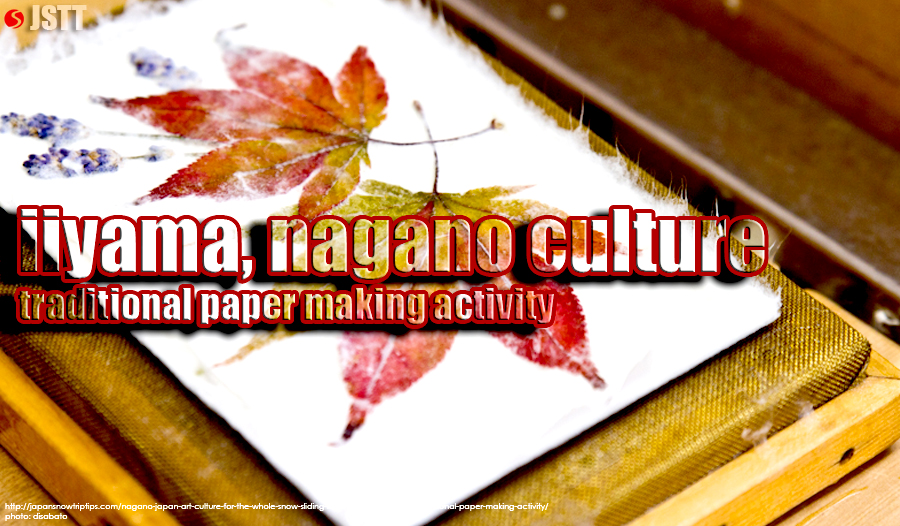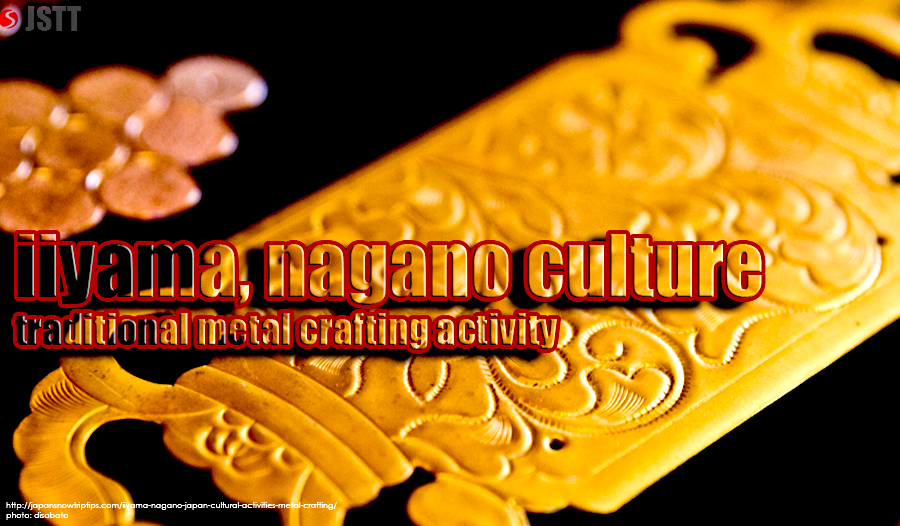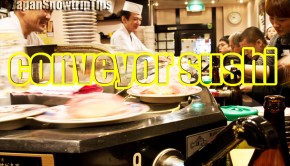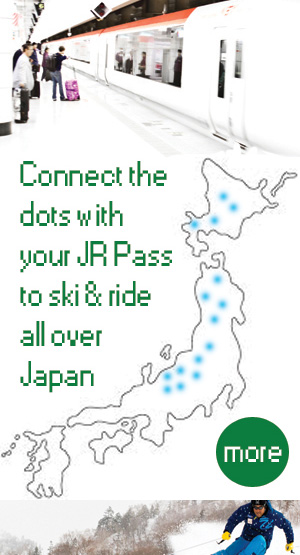Language
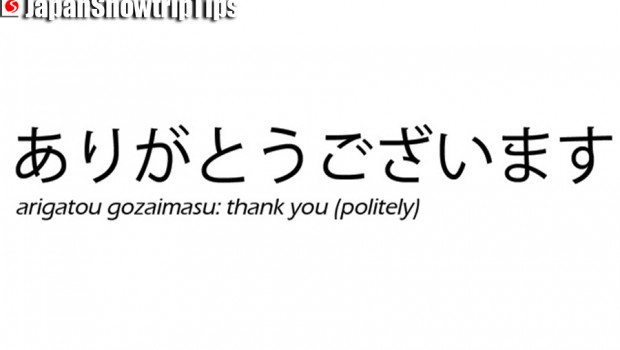
Published on April 21st, 2013 |
by Japan Snowtrip Tips
Japanese words and phrases for beginners
Chances are, you`ll be the recipient of so many randoms acts of kindness during you Japan snow trip that you`ll lose track. Adding arigato gozaimasu (thank you formally) into your Japanese vocabulary skills along with other key Japanese words & phrases will make your journey easier and more rewarding.
Importantly, your attempts to communicate with locals in their native language will be greatly appreciated and interpreted as a sign of respect that`ll contribute to positively bridging the cultural gap.
Useful Basic Japanese Words and Phrases
+ Arigato (gozaimasu) : thank you (high-formal)
Many translation books will suggest that Domo arigato is the way to say thank you in Japan, but it`s not necessarily a phrase you`ll hear from locals. Arigato used singularly is an acceptable way to show gratitude, but combining gozaimasu (pronounced go-z-eye-mass with a generally inaudible “u”) is a word the Japanese attach to a lot of formal interaction to show a higher level of courtesy.
Throughout your snow trip in Japan, when you say “thank you (formally)” — arigato gozaimasu — it shows a greater level of respect during the interaction.
+ Sumimasen : sorry/excuse me/pardon me
The primary usage of sumimasen is when you`ve disturbed someone else (e.g. bumped them with your giant ski-snowboard bag on the train), to simply say “sorry,” “excuse me” or “pardon me”. You`ll also hear this word screeched from vendors on the street to get your attention — sumiaseeeenn – as to say “Hey, excuse me, over here! I can help you!”.
It`s a very useful word to become familiar with that will drive you crazy when heard at street markets, but will also show respect for your new neighbors while you shred their Japow.
+ Kudasai : please
Being polite is nice in any language, but especially Japanese. Principles of respect, courtesy and humility are very overt in the Japanese communication style. Saying kudasai after requesting something is simple and well-received. For example, saying birru (beer) to the restaurant server isn`t nearly as nice as saying birru kudasai, “beer please.”
+ Dozo : You`re welcome or Here you are
This is one you`ll likely hear more often than say as you`ll be the one needing assistance from others along your snow trip in Japan. But don`t be afraid to reply to someone`s “arigato gozaimasu” with “dozo” and a small courteous bow/head nod.
+ Kampai!: Cheers!
If you`re a beer, whiskey or sake lover, Japan is the place for you! Raise your glass to your group, say “Kampai!” and you`ll immediately make new friends for life.
+ Ohayo gozaimasu : Good morning
A smile combined with this basic morning phrase will send good vibes to start the day and will surely be returned with at least a smile as well.
+ Konnichiwa : Good afternoon
This greeting is used during the mid-day hours. Some foreigners mistakenly use this greeting all throughout the day, so if your “konnichiwa” isn`t returned in kind maybe it`s because it`s time for a different time-sensitive phrase.
+ Oyasumi nasai: Good night
Use this when it`s time to got to sleep, not to be mistaken for the evening greeting above (konbanwa) that is used when we`re still awake and moving.
+ Wakari-masen: I don`t understand
If you`re unclear about what was said to you, reply “Sumimasen, wakari-masen” — Sorry, I don`t understand — and perhaps the person you were attempting to communicate will change his/her communication style so you can understand.
+ Kek-ko dess: No thank you
Generally not accepting a gift from someone is considered extremely rude in Japan, however there might come a time when eating something peculiar is not to your liking. Simply say, “kek-ko dess” followed by a small head nod or bow and it will be understood that you you do not need or want whatever it is they attempted to give you. But we suggest trying to be open to new experiences during your travels in Japan so this is a phrase that shouldn`t really be a big part of your everyday vocabulary if you want to actually discover Japan.
+ Mata ashta: See you tomorrow
This is a nice one to say when you are parting ways after a great evening with friends, but only if you`ll actually see them the next day.
+ Watashi no namae wa: My name is …
When you feel a bit more comfortable with basic one-word greetings, try saying to someone that you meet in the afternoon, “Konnichiwa. Watashi no namae wa Bob.” Only try it that way if your name is Bob, otherwise…you get the idea.
+ Eigo o hanashi-mass ka?:Do you speak English
You can normally simply ask with an inquisitve tone, “English?” and the person will understand that you need to communicate in English language. But it`s always more respectful to ask to speak in English by asking in Japanese first.
Tags: culture, etiquette
About the Author
Japan Snowtrip Tips is designed to help snowtrippers mix cultural excursions with epic powder submersions in Japan. All content is created by Alpine Objectives LLC owner, Christopher DiSabato, who has more than 20 years of international snowpro media, education and operations experience. JSTT offers honest, original, first-hand insight to help guide you along your journey of snow-driven discovery on Honshu & Hokkaido.


